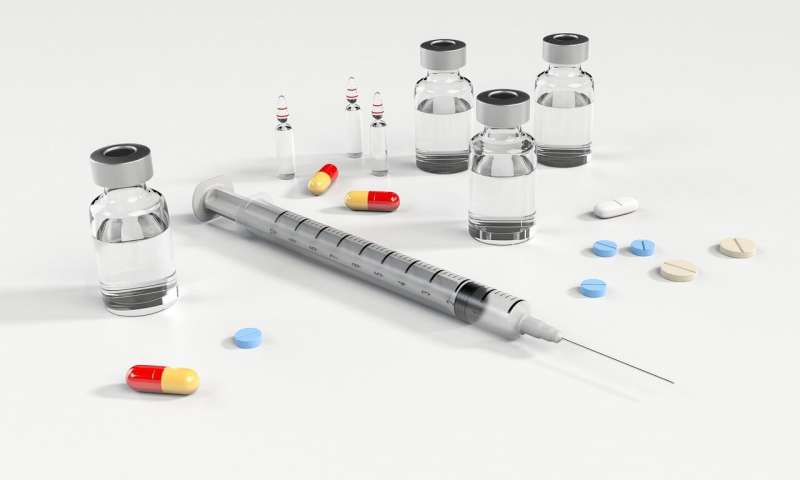Potential Risks of Diabetes Medications: Perioperative Ketoacidosis Concerns

Recent research highlights a significant consideration for patients with type 2 diabetes who are using sodium-glucose cotransporter-2 inhibitors (SGLT2i), commonly known as gliflozins. These medications effectively lower blood glucose levels by blocking the sodium-glucose transport protein 2, and have been associated with improved outcomes in patients suffering from chronic kidney disease, heart failure, and coronary artery disease. However, they also carry a notable risk of causing euglycemic ketoacidosis (eKA), a condition characterized by elevated ketone levels that can make the blood acidic and potentially toxic.
A key issue is the reduction in insulin secretion associated with SGLT2i, which can heighten the risk of eKA, especially during the perioperative period when oral carbohydrate intake decreases and surgical stress elevates metabolic demands. Increasing reports and case series have documented instances of postoperative eKA among SGLT2i users. Interestingly, clinical trials have shown that eKA may present with only mildly elevated glucose levels, complicating timely diagnosis.
To better understand this risk, UCSF researchers conducted a multicenter, retrospective cohort study analyzing patient data from the Veterans Affairs Healthcare System from 2014 to 2022. They compared outcomes between 7,439 SGLT2i users and 33,489 matched controls. Results revealed that perioperative eKA occurred 11% more frequently in SGLT2i users overall and 18% more during emergency surgeries. Conversely, these patients experienced a 31% reduction in postoperative acute kidney injury and a 30% decrease in 30-day mortality.
The study indicates that while the risk of eKA is modest, its occurrence both in elective and emergency surgeries suggests that withholding SGLT2i before surgery may not fully eliminate this risk. Clinicians are advised to monitor patients closely and consider interventions such as insulin therapy or continuous dextrose infusion to manage emerging ketoacidosis, even if blood glucose levels are not significantly elevated.
Overall, these findings underscore the importance of careful perioperative management for patients on SGLT2i medications, aiming to maximize benefits while minimizing potential risks. More research is needed to develop comprehensive guidelines for safe medication management during surgical procedures.
source: https://medicalxpress.com/news/2025-04-diabetes-medication-perioperative-ketoacidosis.html
Stay Updated with Mia's Feed
Get the latest health & wellness insights delivered straight to your inbox.
Related Articles
New Research Reveals Deep Brain Regions Integrate Sensory Input to Trigger Consciousness
A groundbreaking Yale study reveals that deep brain regions like the midbrain and thalamus are activated by all sensory inputs during focused attention, linking them to consciousness and offering new insights into neurological disorders.
Emerging Frontiers in Male Infertility: Lab-Produced Sperm and Future Fertility Solutions
Emerging research at the University of Limerick explores lab-produced sperm as a groundbreaking solution to male infertility, offering new hope for those with failing reproductive health.
Research Highlights the Impact of Doctors' Trust in Patients on Antibiotic Prescriptions
A Swiss study reveals that greater trust from doctors towards patients can reduce unnecessary requests for antibiotics, helping combat resistance and improve prescribing practices.
Recall Issued for Bariatric Fusion Vitamins Due to Missing Child-Safe Caps
A recall has been issued for Bariatric Fusion multivitamins due to packaging lacking child-resistant caps, preventing potential accidental iron poisoning in children. Consumers are urged to act immediately.



